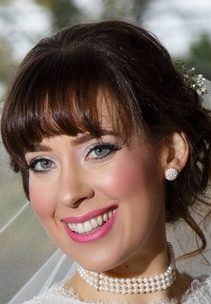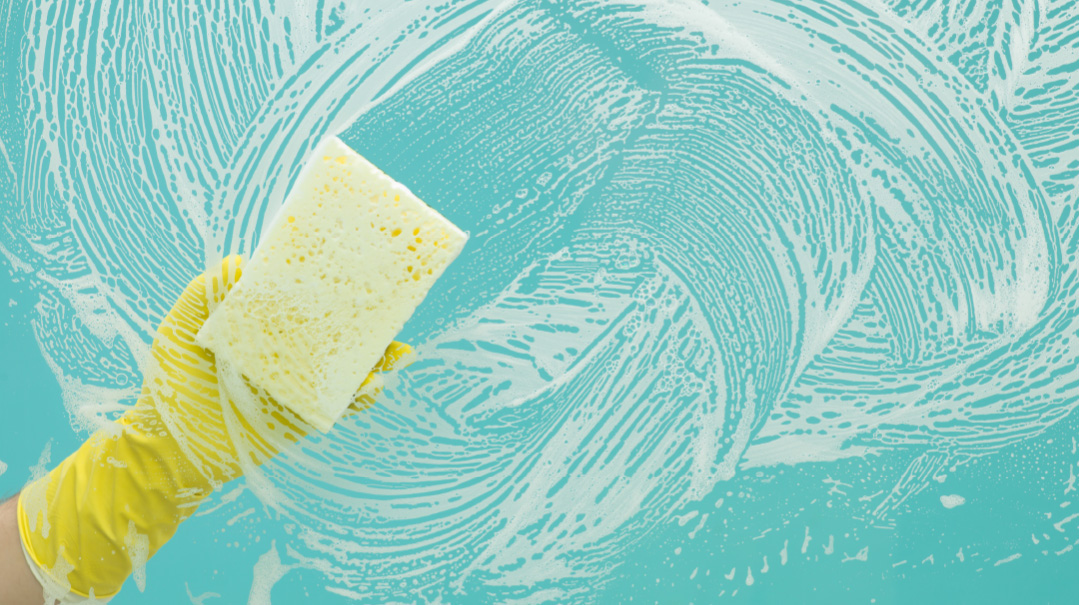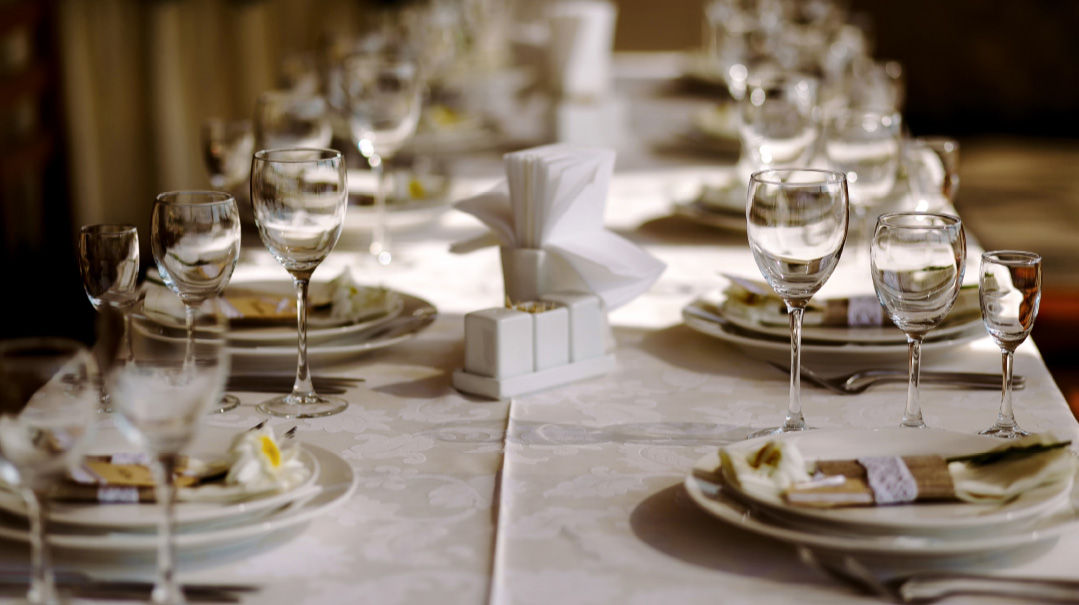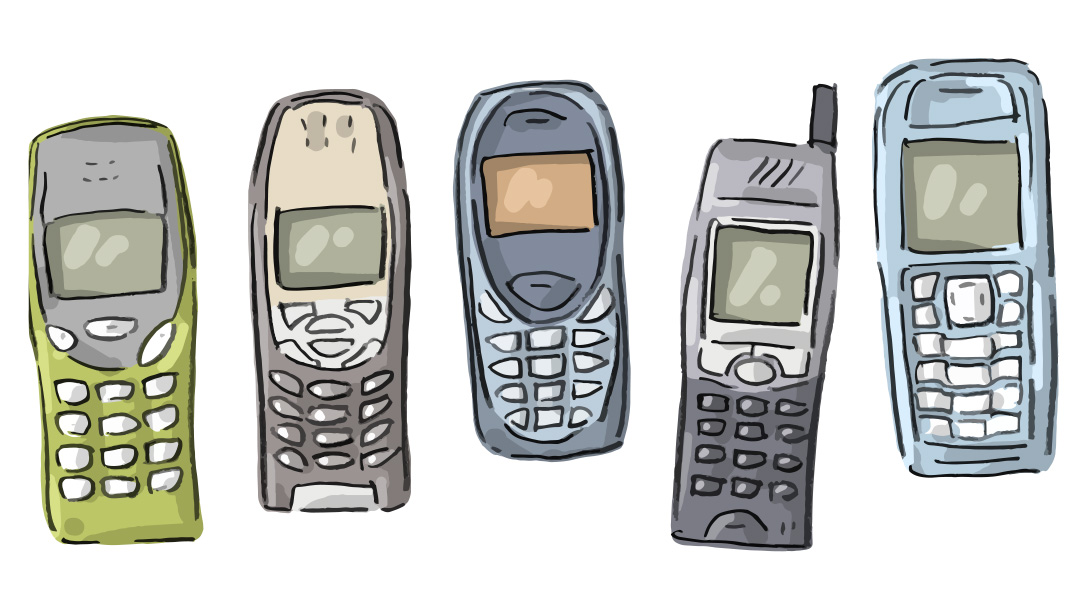Many Happy Returns

As an older single, I didn’t know if I was technically considered “barren”

"Moshivi akeres habayis, eim habanim semeichah — He returns the barren woman to her home as a joyous mother of children.”
Ever since I read the commentary at the bottom of my siddur, that line in Hallel always jumps out at me whenever I say it or hear it sung in shul. Why is the language of “return” used? He explained: A barren woman has no reason to stay home, so she goes out to take care of business and whatnot; once she has been blessed with children, she “returns” to the home to care for her offspring.
As an older single, I didn’t know if I was technically considered “barren.” “Older singlehood” is considered an issue different from those struggling with infertility, but in actuality, being spouseless also means no children.
The yearning within isn’t only triggered by the sight of freshly wed young couples, bright-eyed with hope and promise, but spotting hassled parents dealing with drooling babies and fussy toddlers and whining four-year-olds can incite a similar level of longing.
Since I was “unencumbered,” I was “free” to go to shul. I was usually first in the ladies’ section every Shabbos, timing my arrival with the end of Pesukei D’zimra, singing along to “Kel Adon.” On Rosh Hashanah and Yom Kippur, I was first as well, ready to hear my father or brother as baal Shacharis.
Makeup, done. Blown hair, check. Chic outfit, but of course. My one hiccup those mornings was dithering over shoes: Which pair coordinated best and was also up for the challenge of standing for hours?
The mothers of little ones, however, have to calculate and toil from dawn onward to make it to shul on time for shofar blusen. They sidle in, harried, trying in vain to keep their gurgling infants from yanking at their sheitels, shushing the youngsters — to no effect, desperately bribing them all with prepared snacks. As soon as the last blast fades, they hurry out with their chaotic, crumb-dusted brood.
That’s what I davened for. Year after year after year.
This past Rosh Hashanah, I managed, after much plotting and planning, to get to shul for shofar blusen. Finding a small window between feedings and naps, I quickly flung on a dress that could bear cleaning (those little paws get everywhere), grabbed a comfortable pair of shoes (I was too tired to handle pinching toes), donned my sheitel and assumed it was on somewhat straight. I rushed so much, I arrived too early, and the baby began to jabber.
I scurried outside to wait it out, commiserating in the meantime with another new, exhausted, overwhelmed mother. When it was time for the tekios, my mind was too frazzled to shuckel with my eyes closed, even though my husband had taken the baby. At the conclusion, I left, like the other mothers did; the baby needed to be fed.
This past Yom Kippur, the baby woke me up three times during the night. My head hurt from the morning onward. I spent the day in bed as he burbled on his play mat, gazing at me in gummy bliss. He also kicked me in the chest, pulled at my nose, kvetched to be fed/burped/napped. I read him the board books that I’d read a gazillion times to my nieces and nephews. I sang “Ki Anu” and he smiled. He then spit up spectacularly, an endless deluge of projectile.
I treasured every minute of it.
As I wearily spooned his dinner into his eager mouth, I thanked the Eibeshter for sending me my husband, and then blessing us with a healthy baby. I used to be outside the home on Shabbos and Yom Tov because I didn’t have my own family to care for. Now I have “returned” to the house.
While I may not have been in a childless marriage for a decade, I was still childless. I find myself marveling at my son, reminding myself that yes, he’s my baby! I’m not still single, constantly wrestling with frustration and fighting to maintain faith in myself, wondering if that will ever be me walking with my husband on a spring Shabbos day, pushing a stroller infront of us.
A number of years ago, I had a memorable encounter with Pam, a pleasant, middle-aged woman of Irish Catholic heritage who worked for a frum firm down the hall from my place of employment. She’d often pop in for a copy of a form; once, as I was looking for a document, we began to chat about Judaism.
“What I admire about Judaism,” she said, “is that the center of religion isn’t the house of worship, but the home.”
“Yes, that’s true,” I concurred.
“My mother had ten children,” Pam continued. “She always felt guilty for not making it to mass every day. But by you guys, the value is being home with the kids.”
No, I can’t go to shul the way I used to. Because I currently have other duties to perform: caring for the Eibeshter’s baby.
There is sacredness in the mundanity of diaper changes, grimy bibs, and Cheerio-strewn floors. My mother’s motto was “keves echod baboker,” it’s the everyday service of Hashem that’s the most important. Consider the words of Shema: “When you get up, when you lie down, when you are on the road, when you are home, you shall teach them to your children.” It’s up to us to teach them about Hashem; belief in Him is a practice, not just a subject to learn in school.
Mothers try to daven on Yamim Noraim the way they used to — the way I used to — in shul, swaying with the masses. But unless the children are old enough, that’s pretty much impossible. Yet they are spending their Rosh Hashanah and Yom Kippur fully occupied in chesed instead of tefillah — not a bad swap, I should think.
After all, the alternative is being what I was — a woman who had nothing to keep her at home, pleading for over ten years for her bashert and our family. Therefore, I sing to my baby while he’s wrenching out my earrings, “El hanaar hazeh hispalalti.”
(Originally featured in Family First, Issue 711)
Oops! We could not locate your form.






